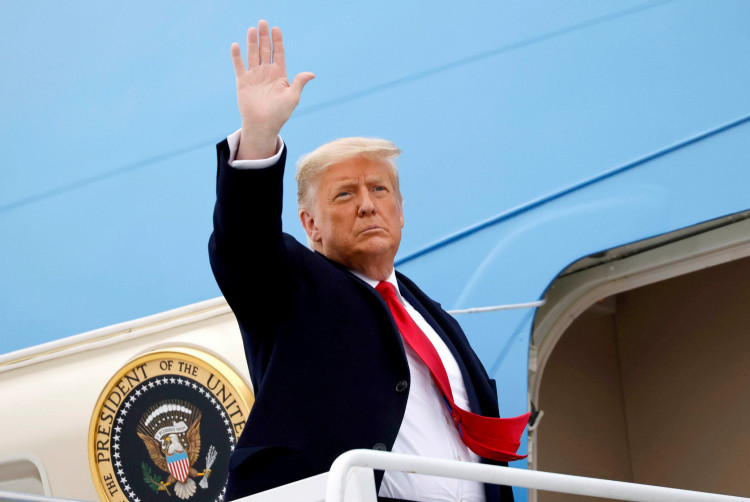The U.S. Senate narrowly passed President Trump's $9 billion rescission package early Thursday, slashing federal funding for the Corporation for Public Broadcasting (CPB), National Public Radio (NPR), and various foreign aid programs in a party-line 51-48 vote. The measure now moves to the House for final approval ahead of a Friday midnight deadline.
The legislation marks a major rollback of nearly six decades of federal support for public media. If enacted, CPB would lose $1.1 billion earmarked for the next two years, with an additional $7.9 billion rescinded from programs including international food and health aid. The vote followed an hours-long "vote-a-rama" session, with Democrats attempting, unsuccessfully, to introduce amendments to spare public broadcasters.
Only two Republicans, Senators Susan Collins of Maine and Lisa Murkowski of Alaska, joined Democrats in opposing the measure. Collins objected to the scope of the foreign aid cuts, particularly the initial House proposal targeting PEPFAR, the U.S. initiative to combat HIV/AIDS. That provision was ultimately removed from the Senate version.
NPR CEO Katherine Maher issued a sharp rebuke following the vote: "Nearly 3-in-4 Americans say they rely on their public radio stations for alerts and news for their public safety. We call on the House of Representatives to reject this elimination of public media funding, which directly harms their communities and constituents, and could very well place lives at risk."
Kate Riley, president and CEO of America's Public Television Stations, said her organization was "devastated that the Senate voted to eliminate federal funding to the local public television stations throughout this country that provide essential lifesaving public safety services, proven educational services and community connections."
During debate, Sen. Murkowski cited the value of local emergency broadcasting, referencing a 7.3-magnitude earthquake that struck the Alaska Peninsula and Kodiak Island Wednesday. "I'm looking at a text that I received from the station manager [at KUCB] in Unalaska," Murkowski said. "We're reminded today this stuff matters."
Republican leaders argued the move was necessary to reduce federal debt, now at $36 trillion. "What we are talking about here is 1/10 of 1% of all federal spending," said Senate Majority Whip John Thune (R., S.D.). "But it's a step in the right direction."
Public broadcasting advocates warned the cuts would devastate rural stations. Sen. Tammy Baldwin (D., Wis.) said, "Local television and radio stations will shut down - and it will be rural stations that will be the first to close." She criticized the rescission process as circumventing normal budget deliberations: "These issues were not even raised as a part of our appropriation process during the past two years."
Sen. Ted Cruz (R., Texas) defended the cuts on ideological grounds, asserting, "NPR and PBS have revealed their left-wing bias time and time again. If you want to watch the left-wing propaganda, turn on MSNBC. But the taxpayers should not be forced to subsidize it."
The White House initially submitted the request in June, invoking the Impoundment Control Act, which allows a 45-day window for Congress to act on rescission proposals. If lawmakers fail to approve the measure before the deadline, the targeted funds are automatically restored.






